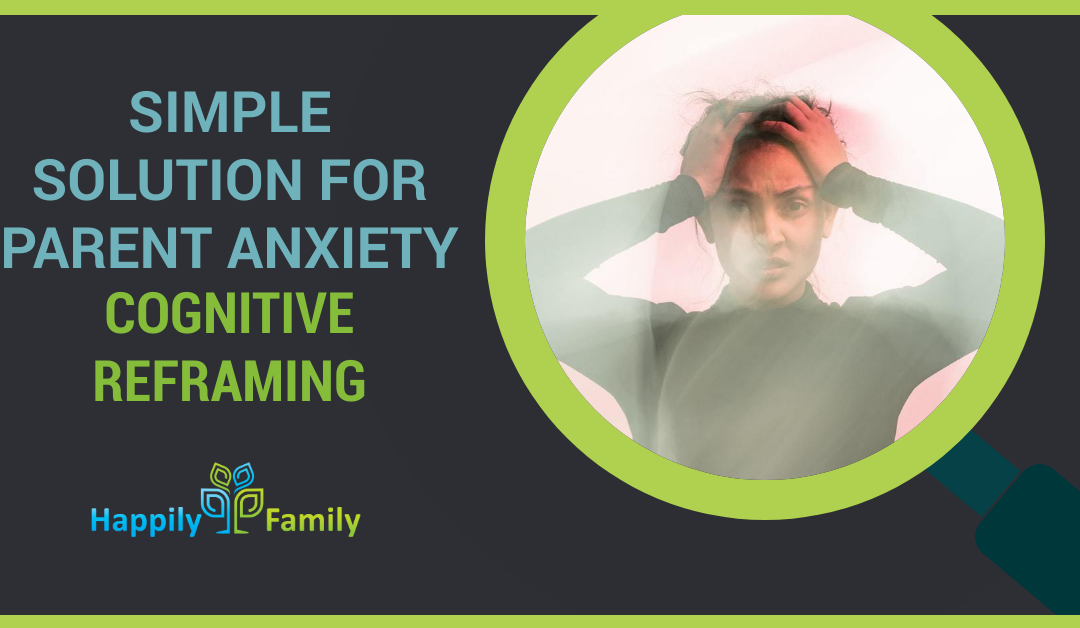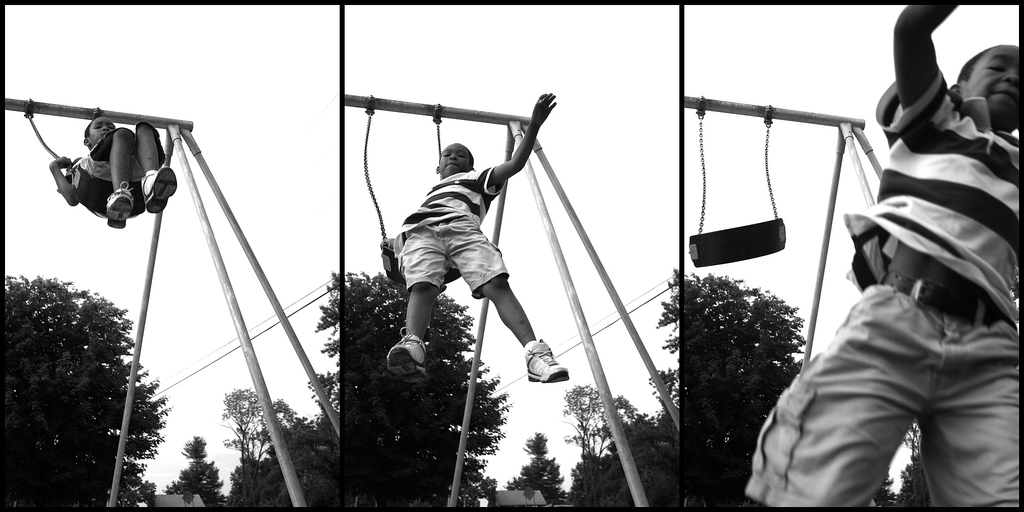I’m writing this in the middle of the night. I woke up because I was worried.
I'm going to go back to bed soon but before I do I wanted to share with you the technique I used to take care of my anxiety.
It’s called Cognitive Reframing. It’s the same thing that I’ve been coaching other parents in The Village to do.
Here’s how I describe it… Cognitive reframing is when you recognize that your worry is–at least in part–a story that you’ve made up. And you replace that “old story” with a “new story”.
For it to work, your new story has to be true AND empowering.
Examples
Below are some examples to give you the idea. And if you’re stuck, jump to the questions at the end of the blog post to get you started.
Homework
Old Story
She’s not getting her schoolwork done. She’s going to flunk out, be unemployed, and homeless.
New Story
She will learn how to prioritize and manage her time by making mistakes like this. I didn’t worry when fell down as a toddler while she was learning to walk; failing is how we learn. We can work on it together. She has time. She has options and resources.
Siblings Fighting
Old Story
My kids always fight.
New Story
The purpose of family is to learn how to get along. Conflict is growth trying to happen. I can help them see each other’s point of view. We can work this out together.
Self-Blame
Old Story
I’m a bad mom. This is my fault…
New Story
We both share responsibility for this situation. I did the best I could, given what I knew at the time. It’s never too late for a “re-do”. No one is perfect. I’m only human.
Screen Time
Old Story
He is addicted to screens. He’s always on them…
New Story
He plays more than I prefer but it doesn’t mean he’s addicted. There are parts of gaming that I value: This is how he relaxes and socializes. He is learning problem solving, teamwork, and negotiation. He does other things besides gaming; he also hangs out with his friends, rides his bike around town, and reads books with the family.
Can’t think of how to create a “new story”?
Here are questions to ask yourself when you get stuck:
- What options, influence, power, or agency do I have in this situation? How does my child have agency?
- Is my “story” always true? If not, when, where, and how is my “story” not true?
- Are there aspects of this difficult situation that I truly value? What good could come from this challenging thing?
- Have I jumped to a conclusion? (Hint: If your story ends with some version of “And he will be homeless, unemployed, or in jail” then you’ve jumped to a conclusion.)
If, after reading the blog today, you’re interested in stuff like this WITH me… here’s how you join the Village.
You and I can personally talk in there if you’re struggling to figure out your “new story”.









